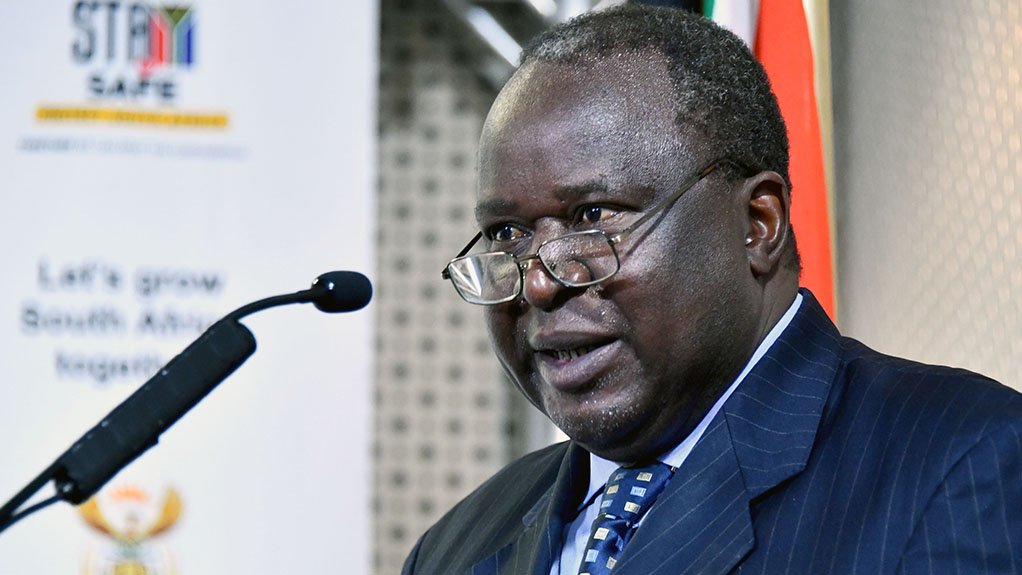Without fixing dysfunctional municipalities, dangerous roads full of potholes and reducing reliance on Eskom, South Africa can forget about meaningful economic growth, says former finance minister Tito Mboweni.
Speaking at the PSG annual conference in Sun City on Wednesday, Mboweni said even though SA's economy bounced back quickly from the Covid-19 setback, it's still at levels last seen in 2017.
"That short-term V-shaped recovery - there's not much to write home about it. It was recovering from a very low base," he said.
Instead, Mboweni said that the 1.2% GDP growth in the fourth quarter of 2021 paints the true picture of SA's stagnation and proves that the target of growing the economy by 5% by 2030 is a pipe dream.
The problem?
There is no capable state to ensure that the economy grows. Instead, there are more businesses which, like Clover, are suffocating because of ineffective municipalities.
"The municipal roads were bad. Their trucks experienced tyre bursts all the time. The municipality overcharged them for rates and taxes," said Mboweni.
He added that Clover was ready to close its business if it could not relocate to Durban.
Fix roads and infrastructure instead of social spending
If he were president, Mboweni said, his priority would be fixing bad roads and infrastructure, and cleaning up municipalities.
"The importance of running municipalities properly is so key," he said.
Mboweni said there are many other pre-conditions for achieving higher economic growth that are not present in South Africa.
While there are several structural reforms the country needs - including reconfiguring the country's energy mix because "Eskom is a major constraint to economic performance" - there are also simple things government is failing on.
"What will be the preconditions for us to achieve higher growth levels? A capable state is very important. [A] state that is going to fix the roads and do all of those things, it's very important," said Mboweni.
He said there are many other "basic factors" that government needs to refocus its attention on, including actually investing in infrastructure again rather than just talking about it.
The former finance minister also cautioned against populist policies, given that the governing ANC might try to appease voters after losing support in many metros in the local government elections last year. Mboweni thinks that the expanding social expenditure bill needs to be reined in, particularly because the social sector already accounts for about 60% of the consolidated budget.
"As people go around talking about the basic income, they have to be careful about where we want to take the country to. Yes, there is massive poverty and we must make interventions, but I'm not quite sure ... a basic income grant is where we should go," said Mboweni.
Mboweni said given SA's unemployment time bomb, the country needs to invest in infrastructure, which is a huge creator of jobs in the construction sector.
According to the World Bank's economic indicators, SA's gross fixed capital formation – which measures investment in infrastructure – has fallen dramatically in the past 13 years. In 2018, SA's gross fixed capital formation stood at 22% of the GDP. By 2020, it was 14%.
Where the state cannot fill the infrastructure gap, Mboweni believes it should let the private sector help.
"The key thing that has happened in the transport sector is that government has accepted that private operators can operate on the Transnet rail system. That's a huge development, huge!" said Mboweni.
EMAIL THIS ARTICLE SAVE THIS ARTICLE
To subscribe email subscriptions@creamermedia.co.za or click here
To advertise email advertising@creamermedia.co.za or click here











